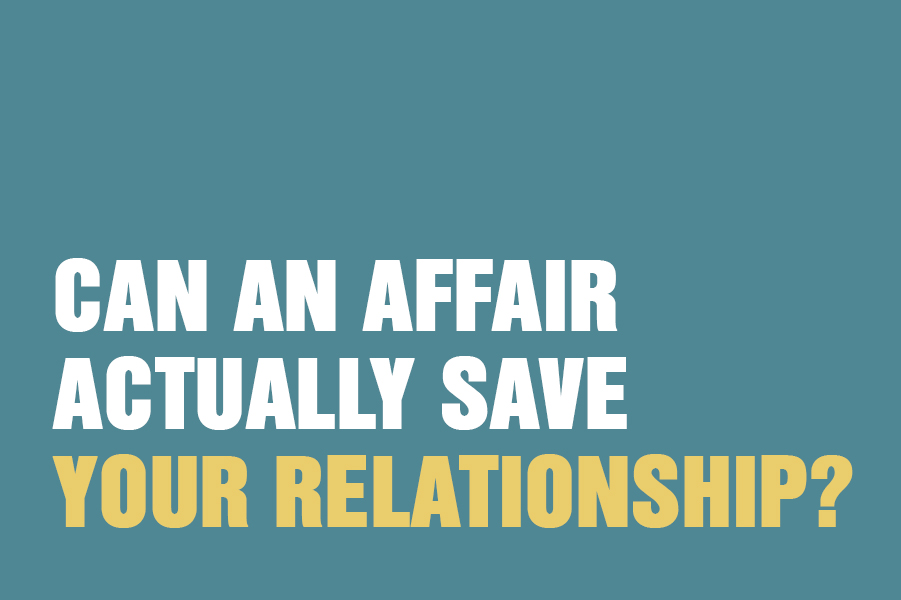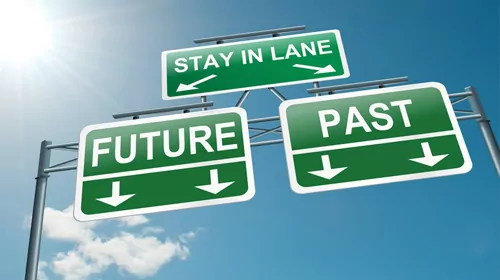More and more people are now meeting their partners or potential partners online rather than meeting through friends, at work, or on a night out. From the first newspaper personal ad dating back to the late 1600s, the first dating website in the early 1990s, to the first dating app in the early 2000s, the way that people date has evolved over the years.
Today, there are a range of dating apps available, many of them focusing on different demographics or interests. For example, Grindr serves the same-sex community whereas Tinder serves heterosexual communities. Bumble puts the onus on the ladies to make the first move, while Hinge matches users with friends of friends using data from other apps such as Facebook.
There are more dating apps being released everyday, and many users have more than one dating app on their phone at any one time. In fact, according to BusinessInsider.com, Tinder now has over 50 million active users, with the average user spending 90-minutes per day on the app. Furthermore, TSB bank found that dating apps now contribute £11.7 billion to the UK economy every year.
Meeting someone on a dating app is no longer the exception, it is the rule.
How are dating apps different from traditional dating?
People traditionally met potential partners through established social networks, whether it’s through school, work, church, sports clubs, or other social groups. When meeting someone in this way, we are each held accountable for our behaviour. If one person behaved poorly on the date or after, then others in the social group would know about this.
For example, say Sally and Tim met through colleagues. They went for a date and Sally was very rude to Tim. Sally’s colleagues would surely hear about this through Tim and Tim’s close colleagues. Sally would surely be held accountable for her rudeness.
Within the world of dating apps and online dating, there is a level of anonymity. You don’t necessarily know anyone that your potential match knows and therefore there is a sense of freedom to behave however you wish.
The age of dating apps has heralded some unwanted behaviours from potential dates; ghosting (suddenly stopping all communication with no warning), catfishing (pretending to be someone you’re not), and a throwaway culture regarding potential partners.
What is the impact of dating apps on our mental health?
With increased use of dating apps, there is increased experiences of rejection.Tyson et al. (2016) found that about 50% of ‘matches’ on dating apps do not message back. Dating apps dehumanise the experience of meeting others to the point that they allow someone to reject another person, even be cruel to the other person, without having to see the other person’s reaction.
People who use dating apps report demoralising experiences such as the in-person experience of the other being wildly different from their online personas (Boucher, et al., 2016). A study by The University of Texas (2016) found that dating app users report lower self-esteem and lower psychosocial well-being than non-users, potentially due to the increased experience of rejection.
Already mentioned above is the notion that our ‘throwaway culture’ that we have developed with clothes, food, and so on has now extended to people as well. Users of dating apps have so much choice, more than ever before, and this can lead to a superficial breadth of human interaction rather than a meaningful depth of connection.
The vast array of choice when it comes to a potential partner means that a less than perfect relationship will be given up on much easier than in traditional dating. Many dating app users will simply end the relationship, or ghost, and move on without trying to work out the problems in the developing relationship.
Both in the dating world and in other areas of life, many of us fall under the illusion that ‘the grass is always greener’ or ‘the best is yet to come’, and we therefore disregard perfectly good situations, jobs, or relationships in the pursuit of a more ‘perfect match’.
Another element of dating apps is the way that users are forced to present themselves. User profiles on these apps feature a few photos of the individual and around 500-characters for a biography. If you flick through some dating app profiles, you might notice a theme in what these profiles say; ‘fun-loving’, ‘confident’, ‘adventurous’, even ‘not looking to settle down’. I’ve had more than one person say to me “guys want a girl who is confident, but I’m not confident, so what can I do?”.
There is a sense of fitting into this ‘perfect’ mould when writing your profile and then trying to act the part on the first couple of dates. Eventually the facade begins to drop and you realise that the person isn’t right for you, perhaps you aren’t the confidant girl that you were pretending to be, but perhaps they aren’t the ‘settling down type’ that they pretended to be either. The potential for deceit and ‘fake-it-till-you-make-it’ within the world of dating apps, or the possibility for it, can lead to less trust and more self-doubt. Users start to expect their dates to be deceiving them, start to doubt that they deserve someone that they perceive to be too good for them.
Since many dating profiles share similar information in the biography section, possibly disingenuous or elaborated qualities about oneself, the focus tends to fall to the photos shared. One issue here is that photos can be taken from anywhere on the internet, and may not even be of the user – this is where ‘catfishing’ comes in to it – or some users tend to fall back on using group shots of themselves and their friends.
Even if the profile photos are of the actual user and include photos of them alone, the focus is subsequently almost solely on the physical appearance of the other person. This skews our selection criteria for a date towards things that are less likely to bring us long-term happiness. According to Buss and Barnes (1986), the qualities that are likely to lead to such long-term happiness are ‘good company, honesty, consideration, and affection’.
Tips for maintaining your mental health while using dating apps
- Be very clear about what you are looking for in a relationship and don’t settle for less; if you are looking to settle down then don’t settle for someone looking for a one-night stand. Equally, if you are looking for a casual relationship or a one-night stand, be honest with the other person from the start.
- Limit the time that you spend on dating apps, maybe turn off the notifications, and balance this out with spending time with friends and family offline.
- Recognise that you can only ‘fake-it-till-you-make-it’ for so long, and after a while this will be a drain on your emotional and mental resources. It’s much better to be yourself from the start than to be rejected later down the line.
- Be open to meeting people the ‘traditional’ way as well as using dating apps. Just because dating apps are no longer the exception doesn’t mean that there is no other way. Make sure you still leave avenues open to meeting someone offline as well whether you meet friends of friends at a party, go on a bling date with a colleague’s friend or a friend’s colleague, and so on. Don’t shut out this possibility.
- Don’t lose sight of your worth. The world of online dating does open you up to more frequent rejection, feeling replaceable and disposable, but always remember who you are, what you are worth, and who you deserve to be with.
If you’d like to process your feelings about online dating and dating apps with an experienced therapist – and perhaps explore your relationship patterns – then get in touch. We have sessions available seven days a week at our Clapham and Tooting centres. Contact our team by calling 020 8673 4545 or emailing [email protected].








